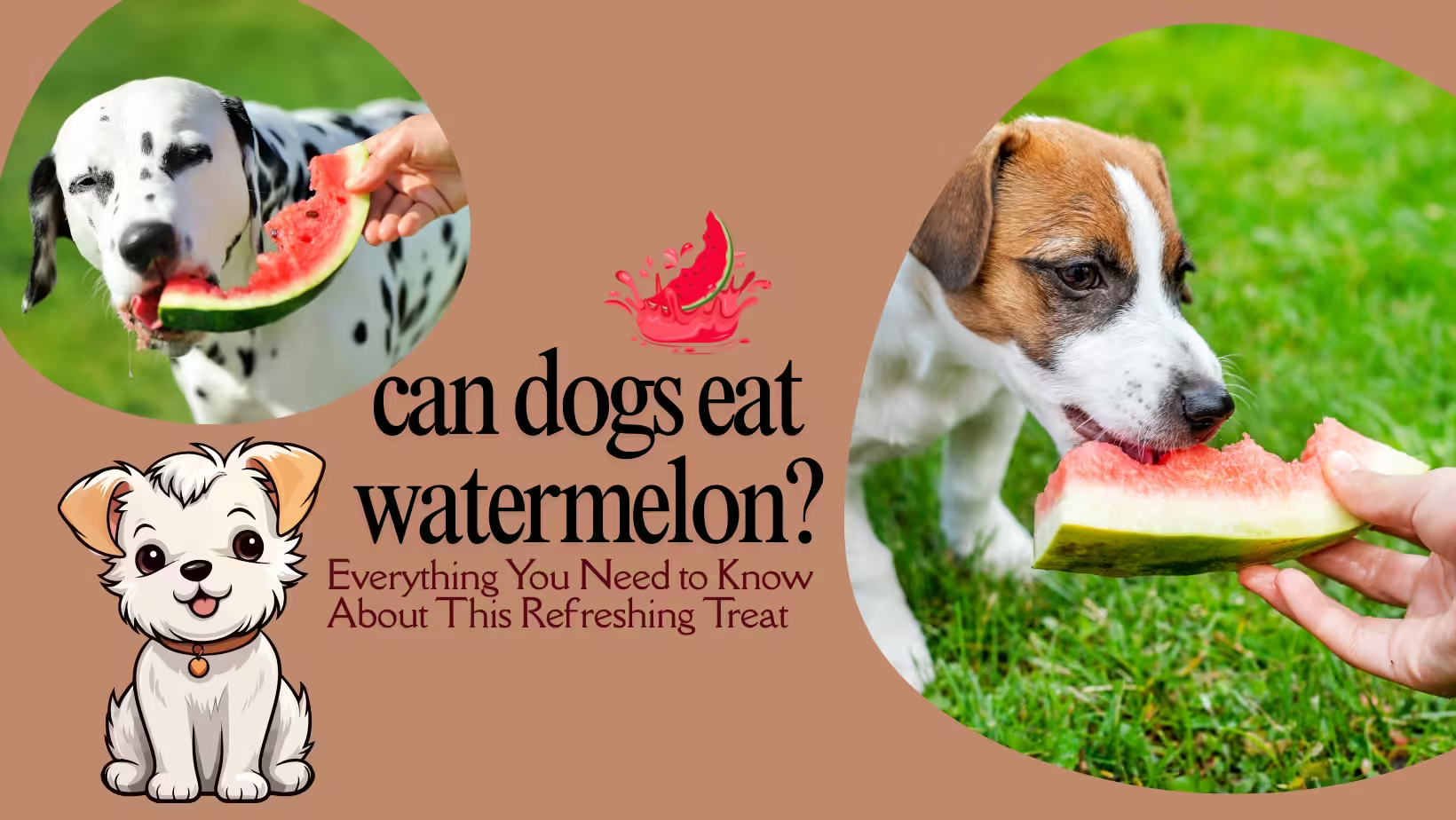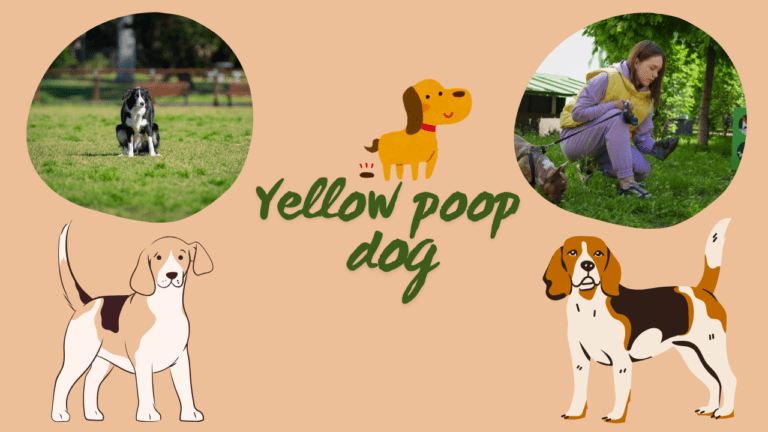Can Dogs Eat Watermelon? A Complete Guide to Safe Feeding
One of the most refreshing and hydrating fruits enjoyed during summer is watermelon, and pet owners would wonder if they can share it with their dogs. Good news is that watermelon, when served properly, is a safe and healthy snack for dogs, but with certain precautions to be taken to ensure it is safe for your furry friend. In this article, we look at the nutritional benefits, potential risks, and best practices on feeding watermelon to your dog.
Is Watermelon Safe for Dogs?
It does not make any problem being strictly eaten only in the correct and very strict accordance of guidelines that watermelon can be allowed to the consumption of your dog, such as hydrating water and nutrifying flesh can eat by a dog while a seed that can be swallowed easily could cause blockages or intestinal because of which breed smaller type easily gets choke and second digestive systems for the longer time due to problems in digesting in animals.
Why Dogs Love Watermelon
Watermelon is tasty and juicy and is fun to chew. It is really refreshing during hot summer days since it contains a lot of water.
Nutritional Benefits of Watermelon for Dogs
Watermelon is a nutrient-rich, low-calorie fruit that has many health benefits for dogs:
1. Hydration
Watermelon is mainly water, and therefore it is one of the best hydrating sources for your dog, especially during warm weather. Hydration keeps your dog healthy in all aspects as it helps the kidneys, skin, and digestive system.
2. Vitamins and Minerals
Watermelon is a source of some vitamins that help keep your dog healthy:
- Vitamin A: Supports healthy skin, coat, and eyes.
- Vitamin B6: It promotes the production of energy and maintains the functions of the brain.
- Vitamin C: The dog can synthesize some vitamin C, but this antioxidant helps in reducing inflammation and proper response by the immune system.
- Potassium: It maintains the proper functions of the nerves and muscles.
3. Antioxidants
Watermelon is filled with lycopene, which has an antioxidant content that had a negative association with a decline in oxidative stress and inflammation. As antioxidants play the role of combating cellular destruction, it helps old dogs extend the slow-down aging process.
4. Low in Calories and Fat
It is ideal for the dogs that must lose or gain their weight. The watermelon is low in calories, almost with no fats. In that regard, it acts as an appetite-inducing low-calorie treat that does not promote weight increase.
Potential Risks of Feeding Watermelon to Dogs
While watermelon is the best snack, there are a lot of risks associated with feeding your dog this fruit unless you take proper care and attention to the way your prepare the fruit. Below are the major problems you have to be on the look-out for:
1. Watermelon Seeds
Such seeds, when the seeds are in plenty, will be dangerous to the dog since they may cause a blockage in the intestinal part, especially in smaller breeds. Even in the big breeds, seeds should not be included to avoid the risk that may occur. Ensure that all seeds are removed before giving it to your dog with the watermelon.
2. Watermelon Rind
The rind is the outer thick part of the watermelon, and it should not be fed to a dog. These are not parts of the watermelon that are digestible for a dog. The gastrointestinal upset will include vomiting and diarrhea. In the worst-case scenario, it can lead to an intestinal blockage.
3. Overconsumption
Treats, including watermelon, should be in moderation. While watermelon has almost no calories, the natural sugars it contains could have your dog’s stomach going sour if taken in high proportions. High watermelon ingestion results in diarrhea or gastrointestinal disturbances because of its water content and fiber.
4. Allergies
This can be rare, but your dog can experience food allergy caused by watermelon. Possible symptoms of food allergy will include itching, hives, or swelling on the face or paws. Should you suspect your dog experiences this allergy, discontinue the feeding of watermelon and bring your dog to the veterinarian.
Best Practices for Feeding Watermelon to Dogs
Watermelon should be a safe and fun snack for your dog, and you can do this by following some best practices below:
1. Remove Seeds and Rind
Remove seeds and the rind and give it to your dog. The flesh of the watermelon alone has to be fed to a dog. It has to be served in little pieces only.
2. Serve in Moderation
This is a snack that needs to be avoided in the standard diet for your dog. To a medium-sized dog, just a few bits of watermelon would serve pretty well. If your dog does not have experience with this kind of food, introduce this watermelon to your dog progressively in order to prevent any digestive upset.
3. Serve It Fresh
Fresh, plain watermelon is the best choice. Avoid feeding your dog sweetened watermelon or any that contains additives like salt or sugar. Artificial sweeteners, especially xylitol, are very toxic to dogs, so ensure that the watermelon is natural and without additives.
4. Frozen Watermelon Treats
This is a refreshing treat for your dog on such a hot day. With this, you can ensure that it gets a cooling hydrating snack during the summer. The frozen pieces have to be small enough in size so that there isn’t any choking hazard involved.
Frequently Asked Questions (FAQs)
Can watermelon seeds harm dogs?
Yes. It causes a blockage in the intestines, especially on small breeds. Always be sure to remove them.
Is watermelon rind safe for dogs?
No. It’s quite hard to digest, hence it may cause some kind of gastrointestinal problem or obstruction.
How much watermelon can I give my dog?
In moderation. Several small chunks for the medium dogs.
Can watermelon cause diarrhea in dogs?
Yes. Big amounts will. Watermelon has a lot of water in it and a lot of fiber.
Is watermelon juice safe for dogs?
Fresh, unsweetened juice is fine in small amounts but whole chunks are a better choice.
Can puppies eat watermelon?
Yes, in little tiny seedless portions. Must slowly introduce it so digestive distress does not arise from these.
Conclusion
Watermelon is such a refreshing healthy snack that if well-prepared is safe for the ingestion of your dog, keeps the dog hydrated, and gives your dog important vitamins in minimal caloric content. These make the fruit a nice snack when it is that hot season. However, pet owners must always exclude the seeds and rinds and keep the amount consumed in check to avoid any further complications in digestion. Well, then, while you may be enjoying your watermelons, so can your dogs.







